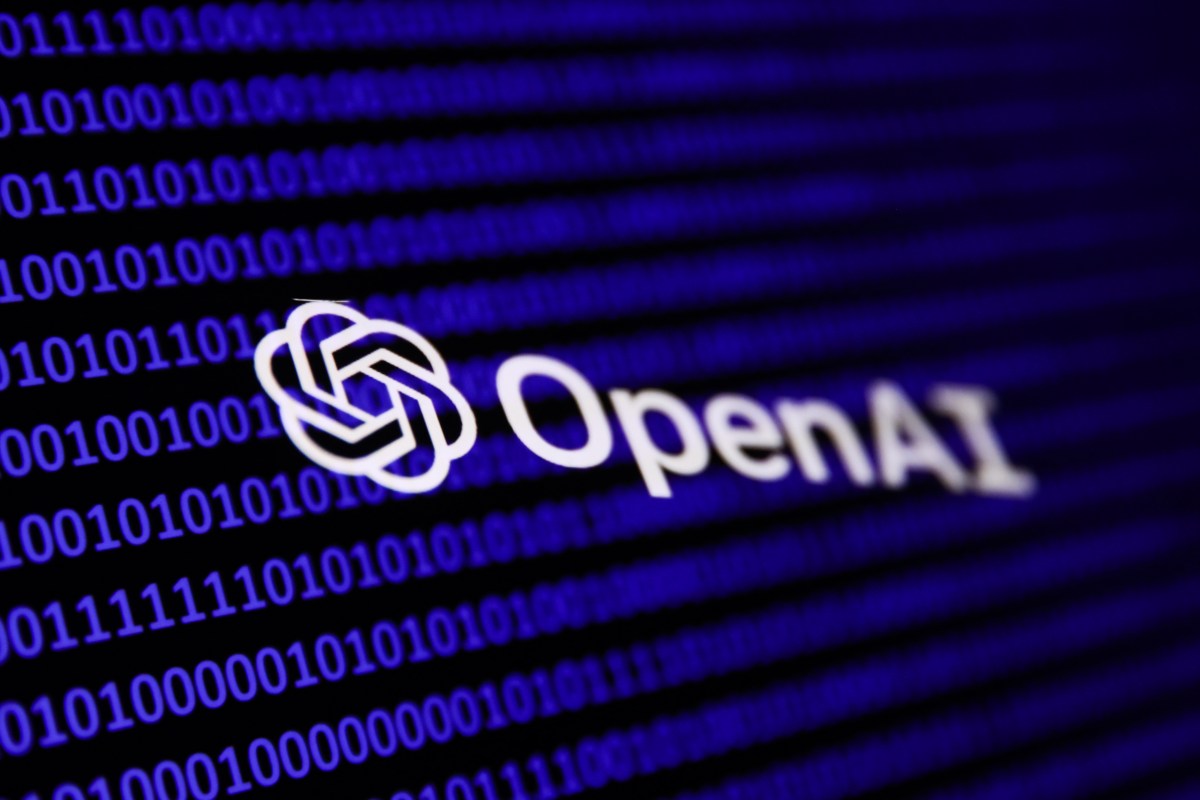A former OpenAI employee, Suchir Balaji, was recently found dead in his San Francisco apartment, according to the San Francisco Office of the Chief Medical Examiner. In October, the 26-year-old AI researcher raised concerns about OpenAI breaking copyright law when he was interviewed by The New York Times.
“The Office of the Chief Medical Examiner (OCME) has identified the decedent as Suchir Balaji, 26, of San Francisco. The manner of death has been determined to be suicide,” said a spokesperson in a statement to TechCrunch. “The OCME has notified the next-of-kin and has no further comment or reports for publication at this time.”
After nearly four years working at OpenAI, Balaji quit the company when he realized the technology would bring more harm than good to society, he told The New York Times. Balaji’s main concern was the way OpenAI allegedly used copyright data, and he believed its practices were damaging to the internet.
“We are devastated to learn of this incredibly sad news today and our hearts go out to Suchir’s loved ones during this difficult time,” said an OpenAI spokesperson in an email to TechCrunch.
Balaji was found dead in his Buchanan Street apartment on November 26, a spokesperson for the San Francisco Police Department told TechCrunch. Officers and medics were called to his residence in the city’s Lower Haight district to perform a wellness check on the former OpenAI researcher. No evidence of foul play was found during the initial investigation, according to police.
“I was at OpenAI for nearly 4 years and worked on ChatGPT for the last 1.5 of them,” said Balaji in a tweet from October. “I initially didn’t know much about copyright, fair use, etc. but became curious after seeing all the lawsuits filed against GenAI companies. When I tried to understand the issue better, I eventually came to the conclusion that fair use seems like a pretty implausible defense for a lot of generative AI products, for the basic reason that they can create substitutes that compete with the data they’re trained on.”
Balaji’s death was first reported by the San Jose Mercury News.
OpenAI and Microsoft are currently involved with several ongoing lawsuits from newspapers and media publishers, including the New York Times, who claim the generative AI startup has broken copyright law.
On November 25, one day before police found Balaji’s body, a court filing named the former OpenAI employee in a copyright lawsuit brought against the startup. As part of a good faith compromise, OpenAI agreed to search Balaji’s custodial file related to the copyright concerns he had recently raised.
Several former OpenAI employees have raised concerns about the startup’s safety culture, but Balaji was one of the few who took issue with the data that OpenAI trained its models on. In a blog post from October, the former OpenAI researcher wrote that he didn’t believe ChatGPT was a fair use of its training data; however, similar arguments could be made for many generative AI products, he said.
Before working at OpenAI, the 26-year-old researcher studied computer science at the University of California, Berkeley. During college, he interned at OpenAI and Scale AI, the former of which he would go on to work for.
Balaji worked on WebGPT during his early days at OpenAI, a fine-tuned version of GPT-3 that could search the web. It was an early version of SearchGPT, which OpenAI released earlier this year. Later on, Balaji worked on the pretraining team for GPT-4, reasoning team with o1, and post-training for ChatGPT, according to his LinkedIn.
Several of Balaji’s former peers and colleagues in the AI world took to social media to mourn his loss.

